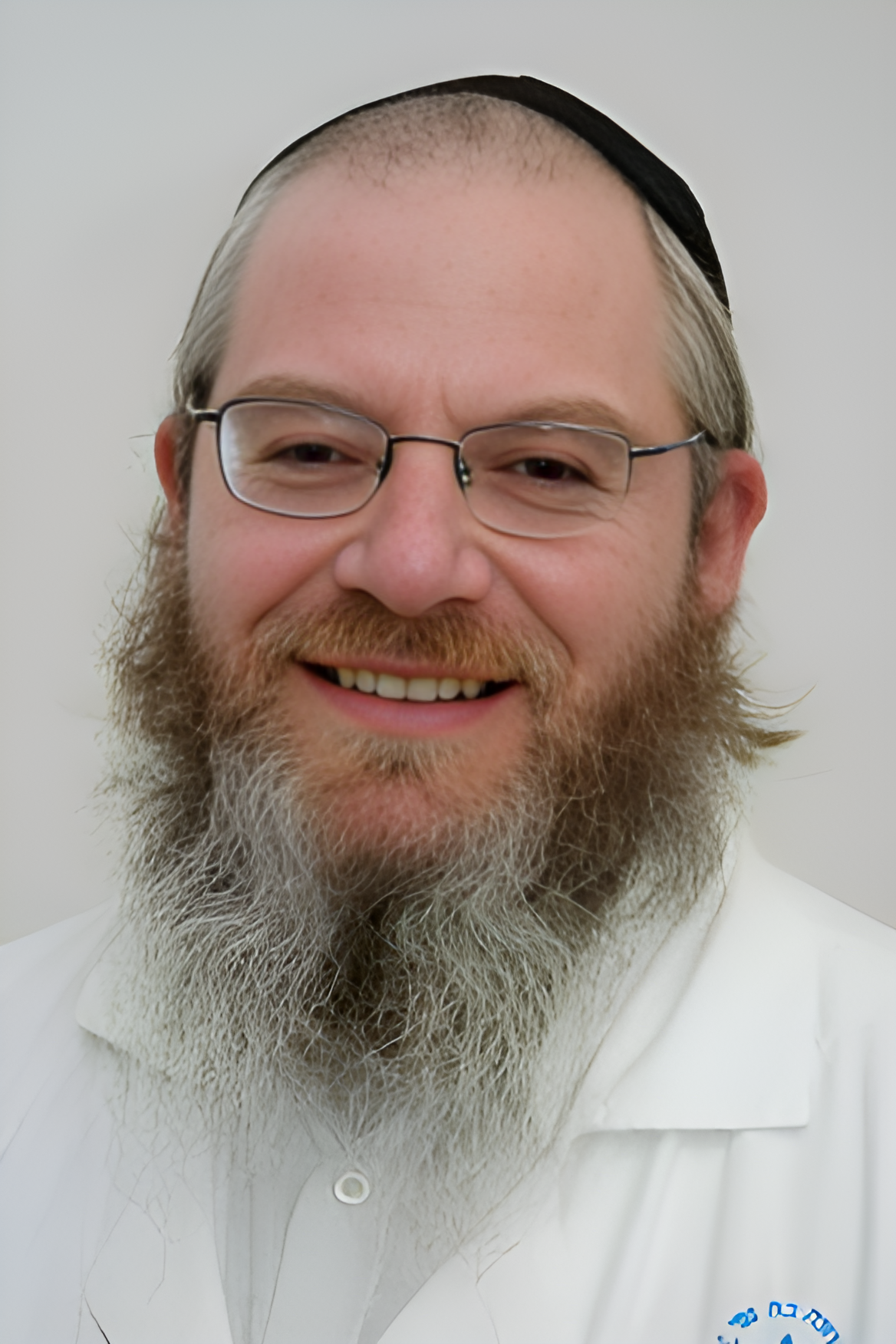Professional Experience
Prof. Shapira has held significant positions in leading medical institutions, contributing to advancements in hematology.
- Current Position: Senior Physician in the Bone Marrow Transplantation Department at Hadassah Ein Kerem Medical Center
- Previous Roles: Director of the Hematology Inpatient Unit and the Hematology Day Hospital at Assuta’s Ramat HaChayal hospital
- Clinical Contributions: Played a key role in numerous successful bone marrow transplants, particularly in adult patients
- Leadership: Known for implementing innovative methods in bone marrow transplantation, including treatments for elderly patients
Academic Contributions
Beyond clinical practice, Prof. Shapira is actively involved in research and education within the field of hematology.
- Research Interests: Focused on improving outcomes in bone marrow transplantation and treating graft-versus-host disease (GVHD)
- Teaching: Involved in mentoring medical students and residents in hematology and transplantation medicine
- Conferences: Regularly participates in national and international medical conferences, sharing insights on hematological advancements
Areas of Expertise
Prof. Shapira’s clinical expertise encompasses a wide range of hematological conditions, with a patient-centered approach.
- Leukemia: Diagnosing and treating various forms of leukemia, including acute and chronic types
- Lymphoma: Managing Hodgkin and non-Hodgkin lymphoma with advanced therapeutic strategies
- Myeloma: Providing comprehensive care for multiple myeloma patients
- Myelodysplastic Syndromes (MDS): Specialized in the treatment and management of MDS
- Bone Marrow Transplantation: Expertise in both autologous and allogeneic transplants, including for elderly patients
Publications and Research
Prof. Shapira has contributed to numerous peer-reviewed journals, enhancing the understanding of hematological diseases and treatments.
One notable publication includes:
- Title: “Double-Blind, Randomized, Placebo-Controlled Multi-Center Phase III Study on the Efficacy and Tolerability of Budesonide in Patients with Resistant Oral Chronic GVHD”
- Journal: Oral Surgery, Oral Medicine, Oral Pathology and Oral Radiology
- Summary: This study evaluates the effectiveness of Budesonide in treating patients with resistant oral chronic GVHD, providing insights into pain management and safety profiles.
For a comprehensive list of his research works, refer to his profile on ResearchGate.
Patient Care Philosophy
Prof. Shapira is dedicated to delivering compassionate and personalized care to his patients.
- Approach: Emphasizes clear communication, empathy, and patient education to empower individuals in their treatment journey
- International Patients: Offers online pre-consultations, ensuring accessibility for patients worldwide
- Cultural Sensitivity: Attentive to the diverse cultural backgrounds of patients, tailoring care to meet individual needs
- Patient Satisfaction: Recognized for high patient satisfaction rates, reflecting his commitment to quality care
Professional Affiliations
Prof. Shapira is affiliated with several esteemed medical organizations, underscoring his commitment to the field of hematology.
- National: Member of the Israeli Society of Hematology
- International: Active participant in global hematology forums and conferences
- Certifications: Board-certified in Internal Medicine and Hematology in Israel
FAQs
- Is Dr. Michael Shapira board-certified?
- Yes, Prof. Shapira is board-certified in Internal Medicine and Hematology in Israel.
- What types of surgeries does he perform?
- He specializes in bone marrow transplantation procedures, including both autologous and allogeneic transplants.
- Does he treat international patients?
- Yes, Prof. Shapira offers consultations and treatments for international patients, including online pre-consultations.
- How long is the typical hospital stay?
- The duration varies depending on the procedure and patient condition, but bone marrow transplant patients typically stay for several weeks to ensure proper recovery and monitoring.
- What languages does he speak?
- Prof. Shapira is fluent in English and Hebrew, facilitating communication with a diverse patient population.









